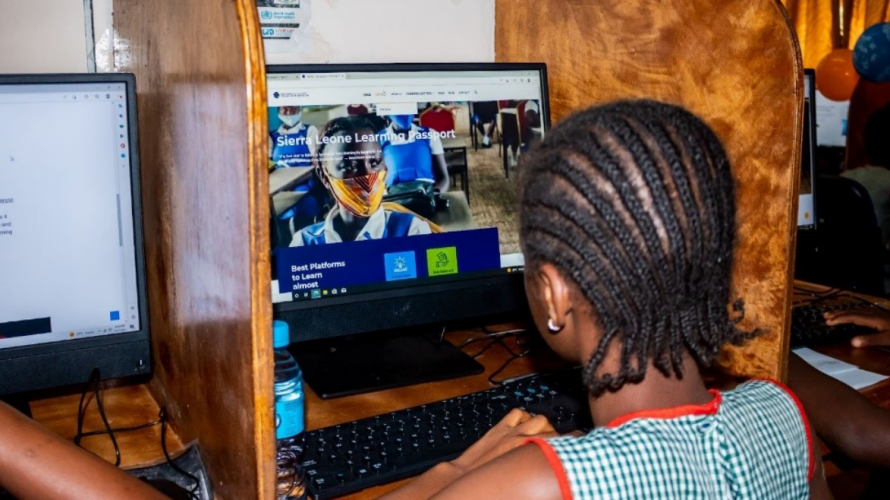As at 2020, only 5.7% of women in Sierra Leone accessed the internet compared to 11.4% of males. In 2023, the ratio has not changed any much.
What this means is that the internet’s power as the great enabler, is not benefitting Sierra Leonean women as much as it should, exacerbating already existing digital gender divide in the country.
This divide which disproportionately affect women is driven by factors such as disproportionate poverty and limited digital literacy among women. And all of these are backgrounded by slowly dismantling patriarchy and social values that are masculine.
The state of affairs naturally puts stakeholders, especially the government, under a direct duty to tackle the problem of women’s poor leverage of the internet and other digital tools to improve their lives. The government has made some effort in this respect – for instance, Sierra Leone is party to many international frameworks that promote gender equality and equity.
The government has also put in place some national laws and strategies that promote gender equity, such as the Cyber security Act of 2021, Data Protection strategy of 2022, National ICT Policy of 2011 and the National Telecoms Act of 2006. However, as this advocacy paper points out, these laws, policies and strategies are generic and lack specific provisions that directly address issues about women’s online rights.
As a result of this, Sierra Leone’s current policy environment is decorated with the many international conventions on women’s online rights that it has signed on to, along with broad policies on the subject, however, in practice, women’s online rights are not really promoted.
Consequently, many Sierra Leonean women continue to have the internet and other digital tools inaccessible to them due to factors such as the high cost of data and devices. Even for the women who are able to overcome the many challenges and access the internet, they continue to face online abuse.
Also, as a result of the lack of deliberate policies to empower women to assert their rights online, many Sierra Leonean women are not digitally literate.
The situation makes it very imperative that stakeholders, especially the government, take measures to improve the policy space with specific policies that make the internet more accessible and safer for women and girls.
Affirmative Action on digital rights for Sierra Leonean women is therefore needed to improve women’s rights conditions in Sierra Leone.
This advocacy paper on policy gaps and recommendations for women’s rights online in Sierra Leone highlights the gaps in policies for women rights in Sierra Leone and makes recommendations to various stakeholders on how to make country’s ICT related policies more gender-responsive.
Kindly click here to read the advocacy paper.






